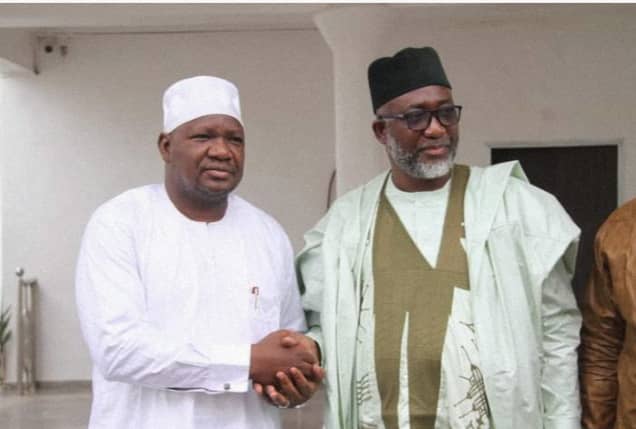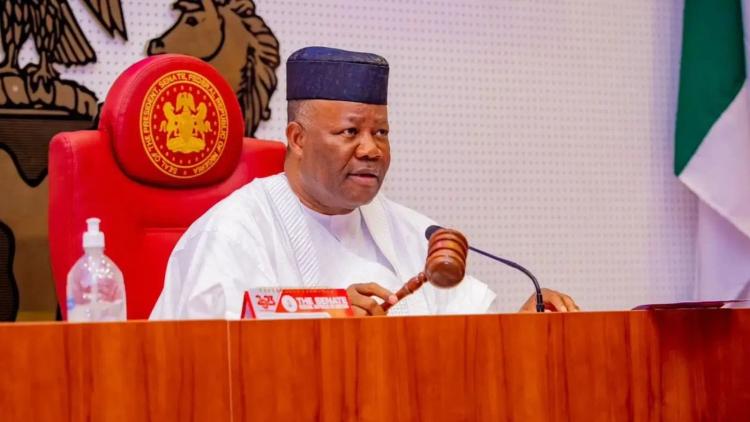As tensions simmer between Niger State Governor Mohammed Umaru Bago and his deputy, Comrade Yakubu Garba, political observers are once again reminded of a name that defied the odds of deputy governance — Ahmed Mohamed Ketso.
Ketso, who served as Deputy Governor from 2015 to 2023, quietly left office without controversy, a feat rare among second-in-command politicians, particularly in Nigeria’s turbulent political landscape. In an era where deputy governors often fade into irrelevance, Ketso’s tenure offers important lessons for the current administration, and perhaps, a timely reflection amid growing instability at the top.
Having worked closely with Ketso over an eight-year period, a few qualities stand out — traits that shaped his survival and relevance in a space notoriously unkind to deputies.
First, patience and perseverance defined Ketso’s political style. He weathered difficult moments without public outbursts or reckless moves, carefully navigating a complex environment where loyalty could be fickle and political ambitions cutthroat.
Secondly, strategic thinking was a hallmark of his leadership. Despite countless provocations, Ketso remained composed, often choosing restraint over confrontation. His ability to outmaneuver adversaries without raising tensions underscored a political maturity rare even among senior figures.
Humility also played a crucial role. Ketso’s influence was rarely exerted through force or flamboyance. Instead, his understated approach made cooperation seem voluntary. His resistance to ego-driven decisions allowed him to focus on long-term political goals rather than momentary applause.
At the grassroots level, Ketso demonstrated a keen insight into political realities. He understood that loyalty is transactional in politics and maintained relationships accordingly, never taking support for granted.
Above all, Ketso’s resilience stood out. Public humiliation, internal sabotage, and political sidelining did not break him. Instead, each challenge seemed to sharpen his resolve, enhancing his stature quietly but steadily.
In today’s Niger State government, where signs of internal discord are emerging between Governor Bago and Deputy Garba, Ketso’s legacy offers a blueprint for survival and relevance. His example suggests that staying politically afloat in the deputy’s seat demands not only loyalty but patience, tactical acumen, humility, and an unbreakable spirit.
As the new power dynamics unfold, it remains to be seen whether Comrade Garba — and indeed other deputy governors across Nigeria — can draw from the Ketso playbook in navigating the treacherous waters of high-stakes politics where he still remains relevant with expanding political influence even beyond the shores of the state.





